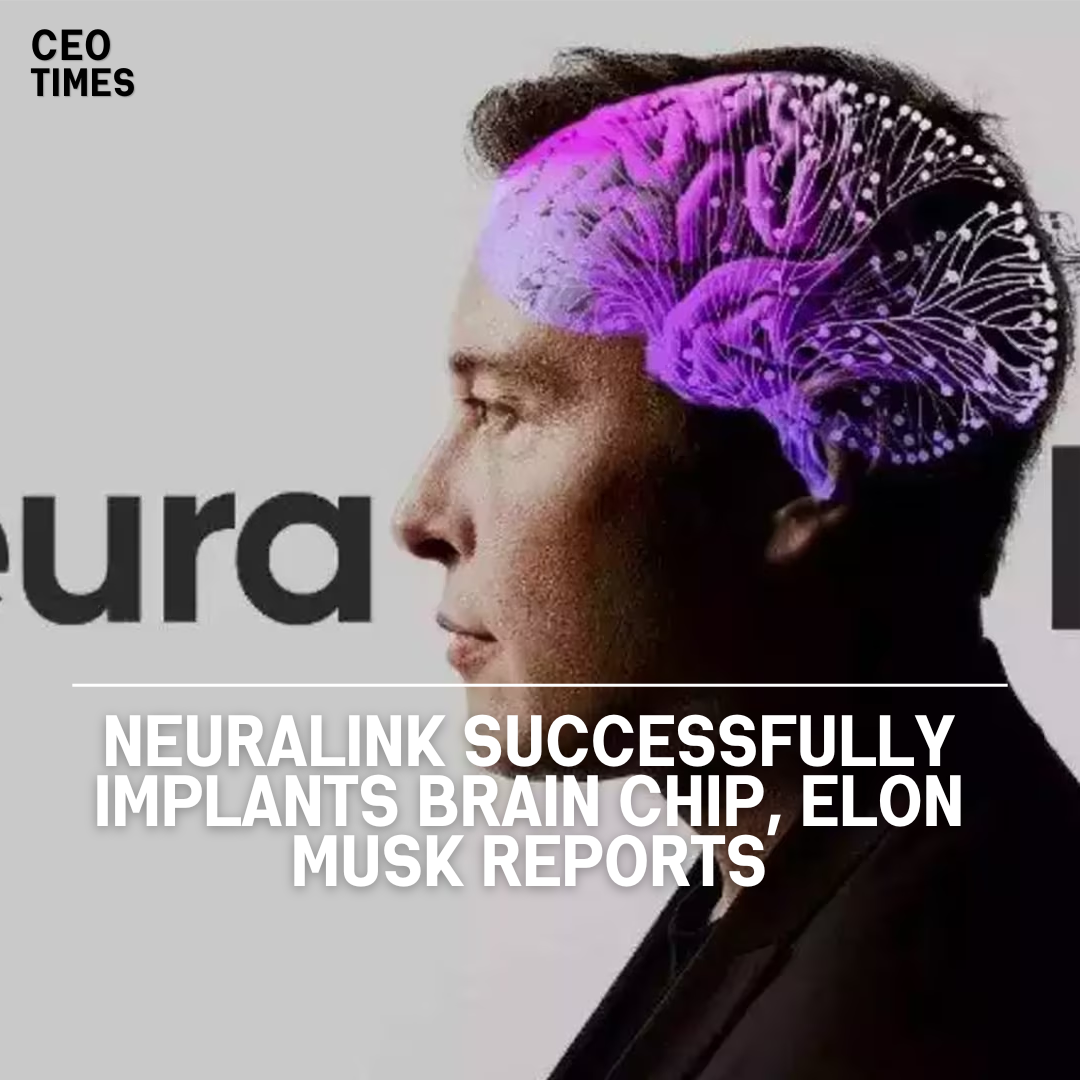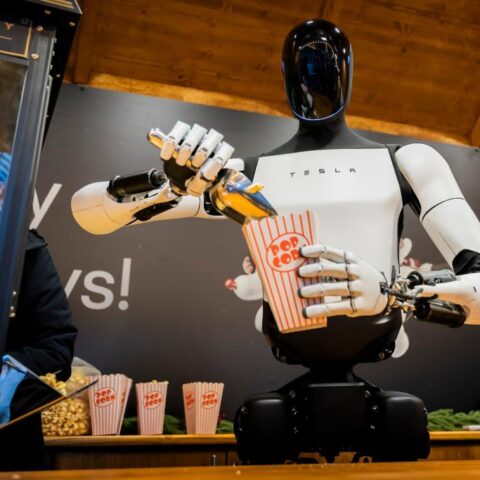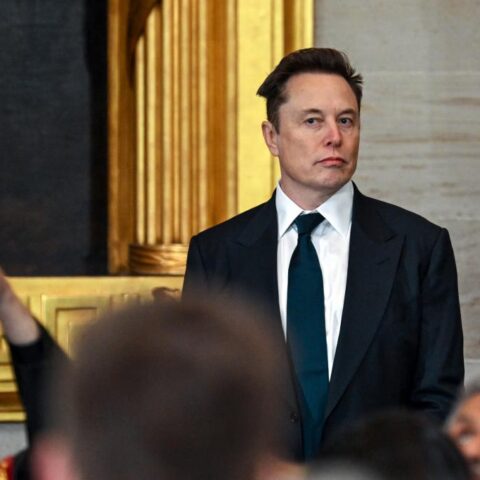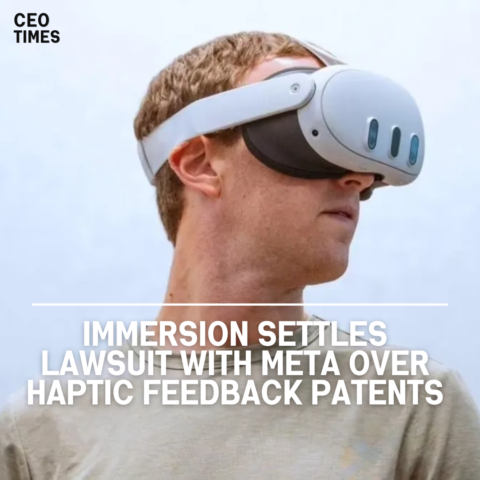Neuralink, Elon Musk’s brain-chip startup, has achieved a significant milestone by successfully implanting its brain-computer interface (BCI) in the first human patient.
According to Musk, the initial results show promising neuron spike detection, referring to the activity of neurons using electrical and chemical signs to transmit information.
FDA Clearance and Human Trial:
The U.S. Food and Drug Administration (FDA) granted Neuralink clearance last year for its first human trial, marking a crucial step in its mission to address paralysis and neurological conditions.
The startup received approval for recruitment in September. The trial involves placing the BCI implant in a brain region that controls movement intentions, aiming to enable individuals to control a computer cursor or keyboard with their thoughts.
Neuralink’s Wireless Brain-Computer Interface (BCI):
Neuralink’s PRIME Study evaluates the safety of its wireless BCI implant and surgical robot. The company utilizes ultra-fine threads to transmit signals in participants’ brains.
The successful implantation in the first human patient represents progress toward Neuralink’s broader goal of developing brain-machine interfaces to enhance human capabilities.
Future Product “Telepathy” and Safety Concerns:
Elon Musk mentioned in a separate post that the first product from Neuralink would be named “Telepathy.”
However, the company has faced scrutiny, including safety concerns. Earlier this month, Neuralink received fines for violating U.S. Department of Transportation rules related to the movement of hazardous materials.
Reports also highlighted concerns about the safety of Neuralink’s technology based on veterinary records showing issues with monkey implants, prompting calls for an investigation by lawmakers.




















